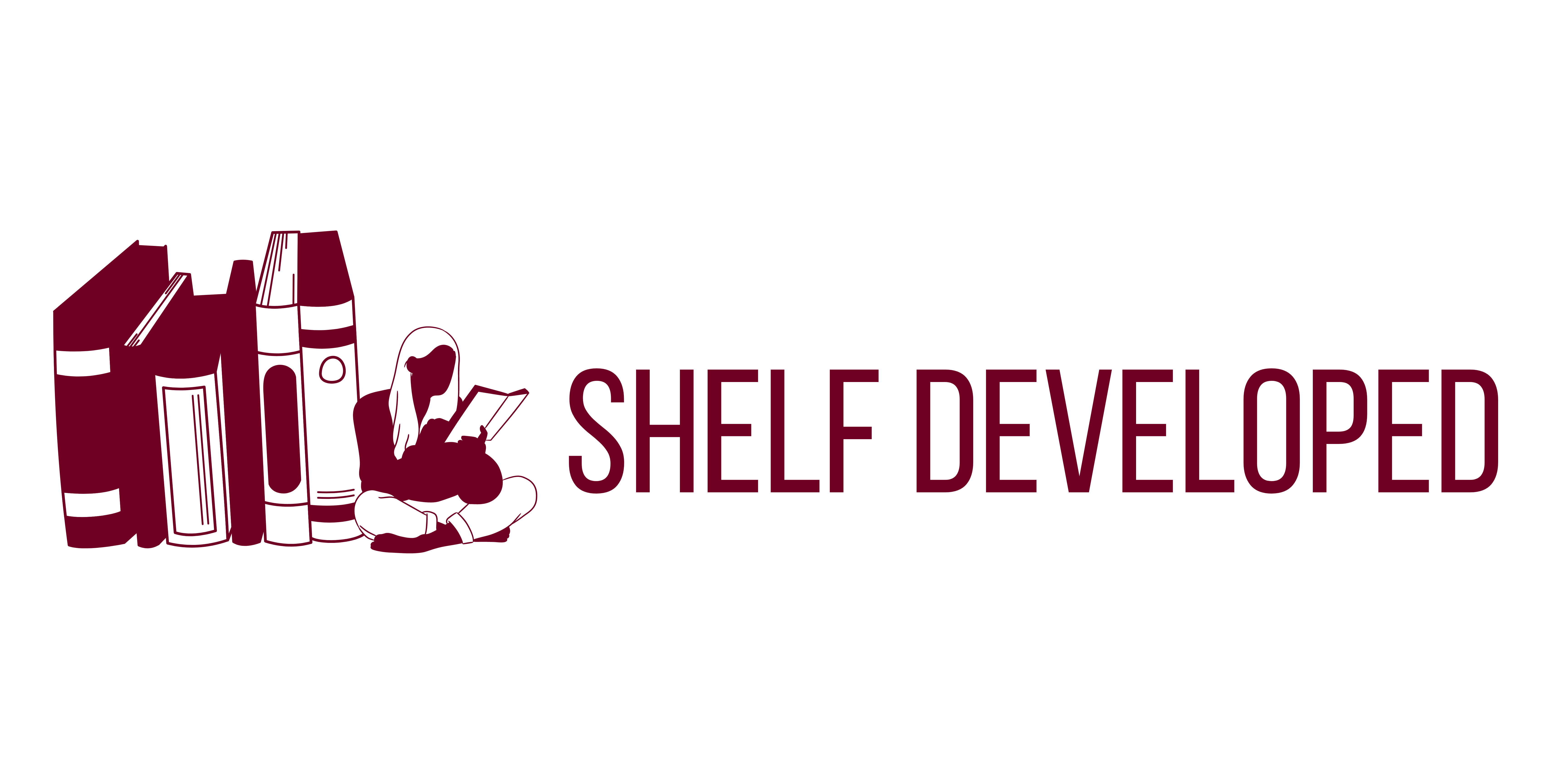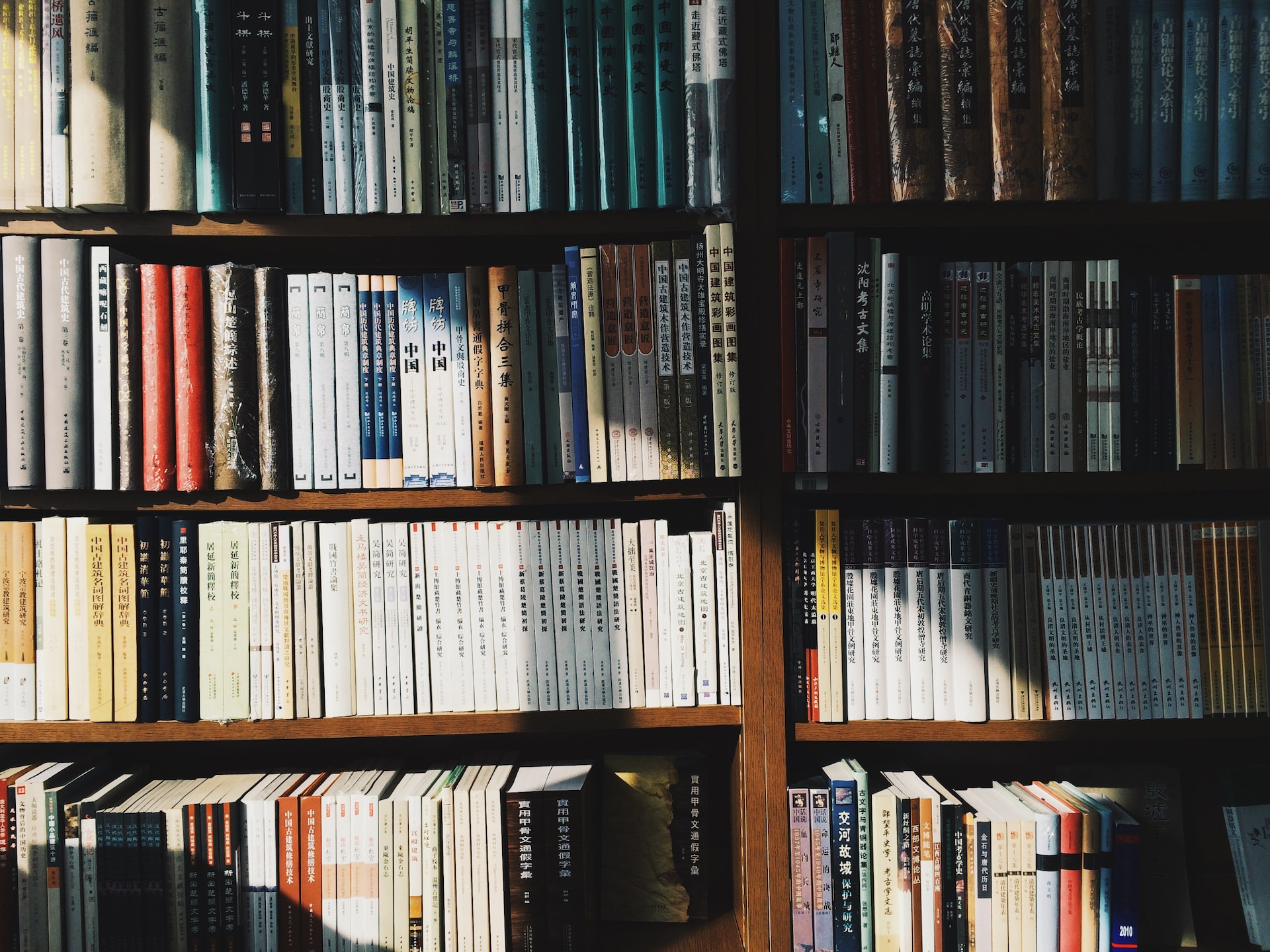Even literature can’t escape capitalism
It’s easy to forget that the world of literature isn’t a ruthless, capitalist enterprise like Facebook or Amazon. How can it be, when it churns out products that help us escape into better worlds and meet better people?
Unfortunately, reality slaps hard (which is why we love fiction). If you haven’t heard, the US Justice Department filed a suit against publishing giant Penguin Random House (PRH) around midyear. It’s part of Biden’s antitrust law campaign. Their goal is to prevent a consolidation between Penguin and the next biggest publisher, Simon & Schuster (S&S). Should the deal to buy out S&S push through, that would leave four major publishing houses—aka the Big Four—against the remaining independent publishers. That doesn’t sound so bad until you realize that a PRHS&S merger would result in a 50% market share in the US alone.
The government’s case rests on the PRHS&S merger being a monopsony, particularly for top-seller books. Top sellers are precisely what they sound like—highly anticipated reads that sell immediately (Taylor Jenkins Reid’s Carrie Soto Is Back is a great example) and whose advances are $250,000 minimum. Yes, you read that right. These books are mainly how publishing houses earn. And if anticipated top sellers flop, these big publishers have backlists miles long to mitigate their losses. So even if they lose a little bit, smaller publishers remain at a large disadvantage over the long term.
Several articles discuss how this move would hurt writers: the monopsony would drive down writers’ advances, and reduce competition. Stephen King testified in court that “Consolidation is bad for competition.” Getting published is hard enough. This only exacerbates the difficulty for authors to break out.
But how does it affect readers everywhere?
How the merger could widen gaps for readers
One big publisher creates one small pool of the same stuff.
Think about the merger’s effects on book selection like a social media algorithm. Whatever you read more of, you get more of. That’s where the publishers will continue to bet their money. If you have one giant publisher producing a selection based on your tastes, how will you get anything new or different? What would you want to read beyond what you know, if you don’t know what else is out there?
PRHS&S’s defense is that their industry is mostly a gamble hinging on fickle consumer interests. But is that really true when most businesses are now data-driven and have unprecedented access to analyzing consumer trends? If you knew everybody loved Taylor Jenkins Reid’s Seven Husbands of Evelyn Hugo and Malibu Rising, why wouldn’t you sign an advance for Carrie Soto is Back?
(Clean) data doesn’t lie, even if the publishers do. If there’s one thing I understand about machine learning, it’s that AI can predict so much about us because we have patterns. We are predictable in many ways, including our tastes. And if that’s all we’re going to get, then that is a tragic limitation.
Homogenous selections could lead to reduced interest.
If we’re all reading from the same pool of books, we’re bound to find the selection boring. And that could make reading boring. I don’t know about you, but I don’t want to live in a world where people are uninterested in books or learning other perspectives.
A New York Times 2018 article estimated that 95% of bestselling authors between 1950 and 2018 are white. If this merger succeeds, we will have one giant publisher releasing titles (and authors) that likely resemble each other. Should PRH and S&S choose to retain their imprints—niches under a publisher, like Penguin Classics—the danger of their dissolution at any time remains probable. We’d just have one big giant Uniqlo or No Brand for all the books we read.
It may be convenient to have everything in one place, but at what cost? Books have been a cornerstone of human learning since ancient times. It’s how we spread new ideas, like religions, scientific discoveries, and human rights. We need books to be different, to be polarizing.
Expanding literary horizons is everybody’s problem

What can we do to be intentional about diversifying the books we read, especially if this merger pushes through?
First, exercise intention in diversifying your book purchases. It’s not always easy. I reckon most readers don’t look at authors first when shopping for books; we are usually looking for a good story. For impulsive book buyers and mood readers, try to take a few seconds and look at the back of the book or the jacket flap. Look at the author’s bio.
If you plan your TBR like me, this is an opportunity to examine characters and authors ahead of time. I tend to read books with adjacent themes or genres in a given period. I try to make sure that these books are written by authors with different origins, like Megan Nolan’s Acts of Desperation and Frances Cha’s If I Had Your Face last month.
Second, find independent book publishers. Maybe even find independently published authors, like Olivia Blake, author of The Atlas Six. It won’t always be easy, but we do have the Internet. If you’re lucky to live in metropolitan areas scattered with secondhand or independent bookstores, scour them for good books and small publishers. Bookmark them. Find ways to buy more from them.
The antitrust law and consolidation of power bring a lot of industries into question, like big tech and Hollywood. Every industry earns its keep based on our interests and purchases, which also questions our consumer behaviors. Should we break up powerful behemoths? If so, what sacrifices are required of us?
If you enjoyed this post, check out my other essays and criticisms.

